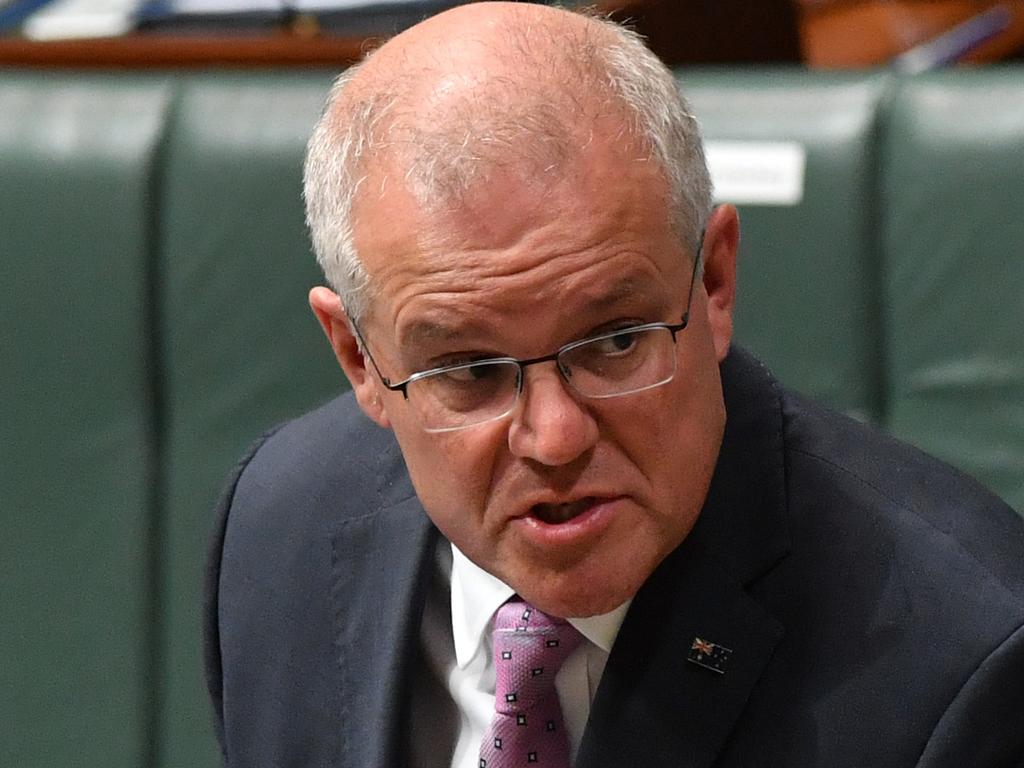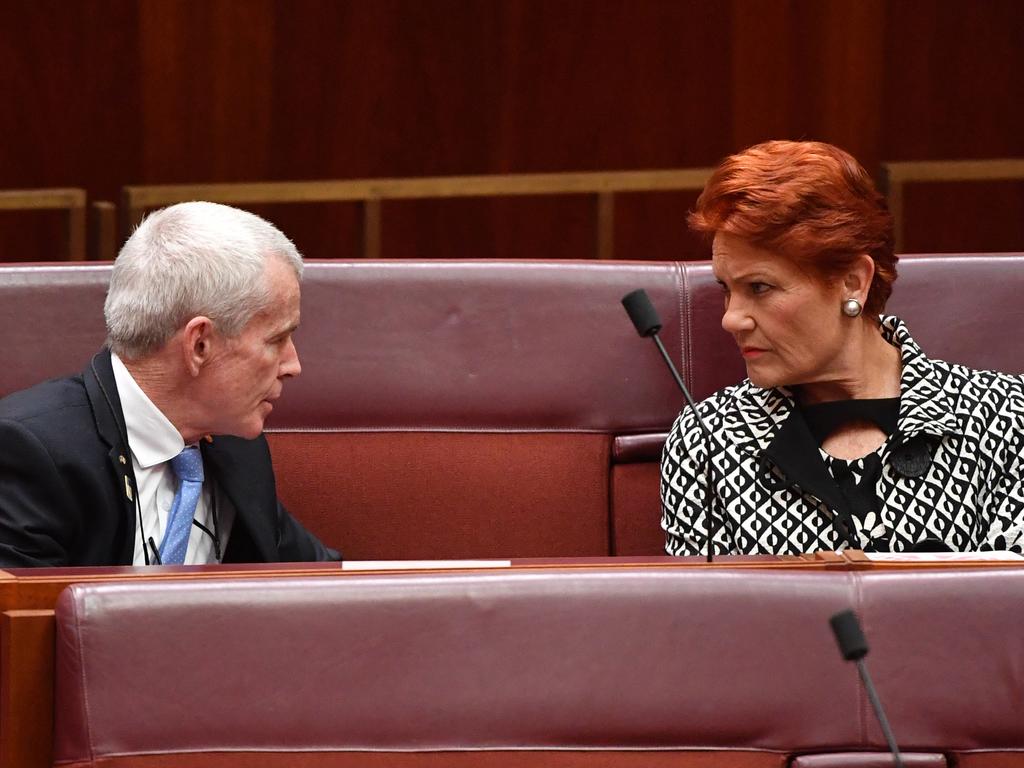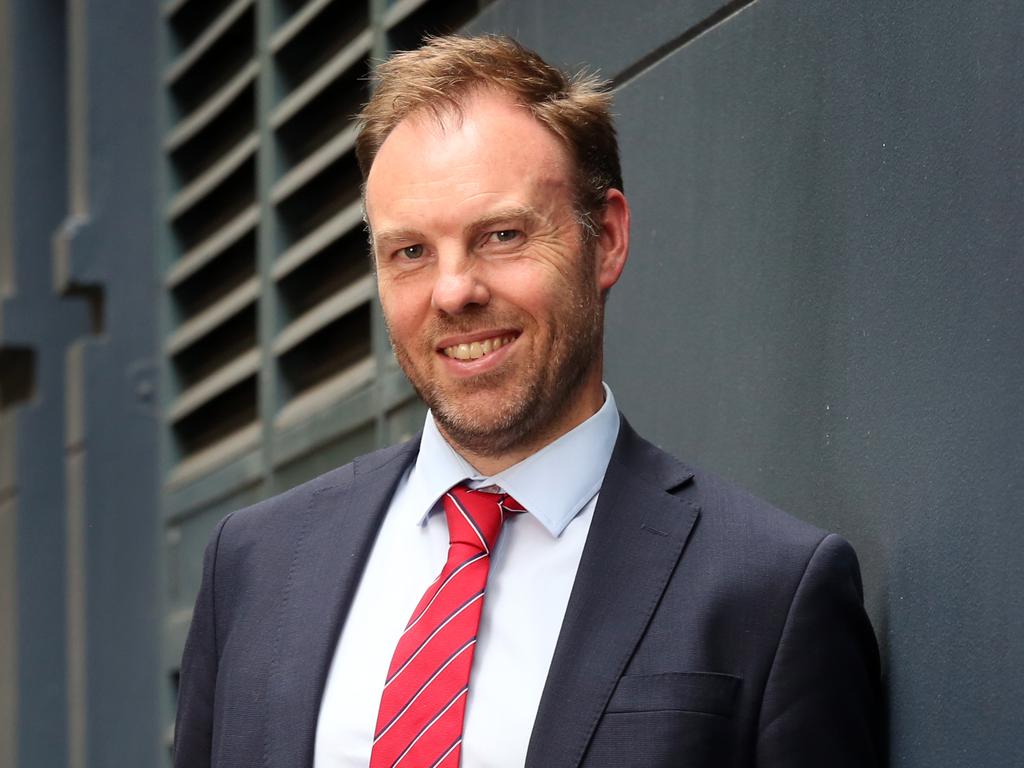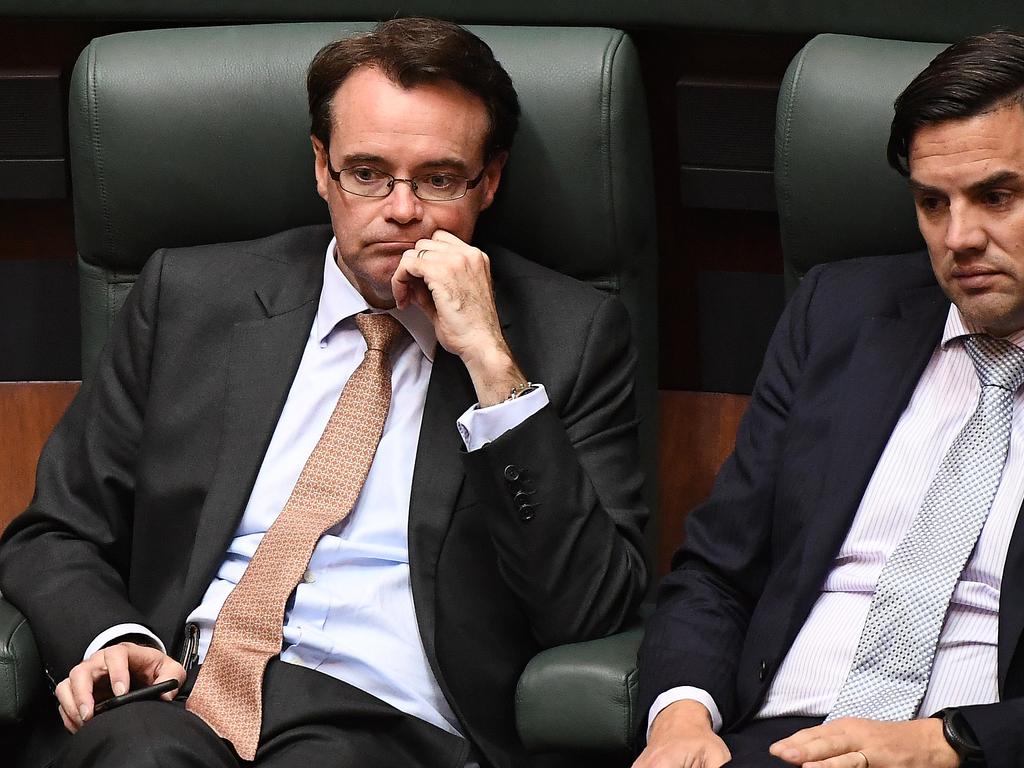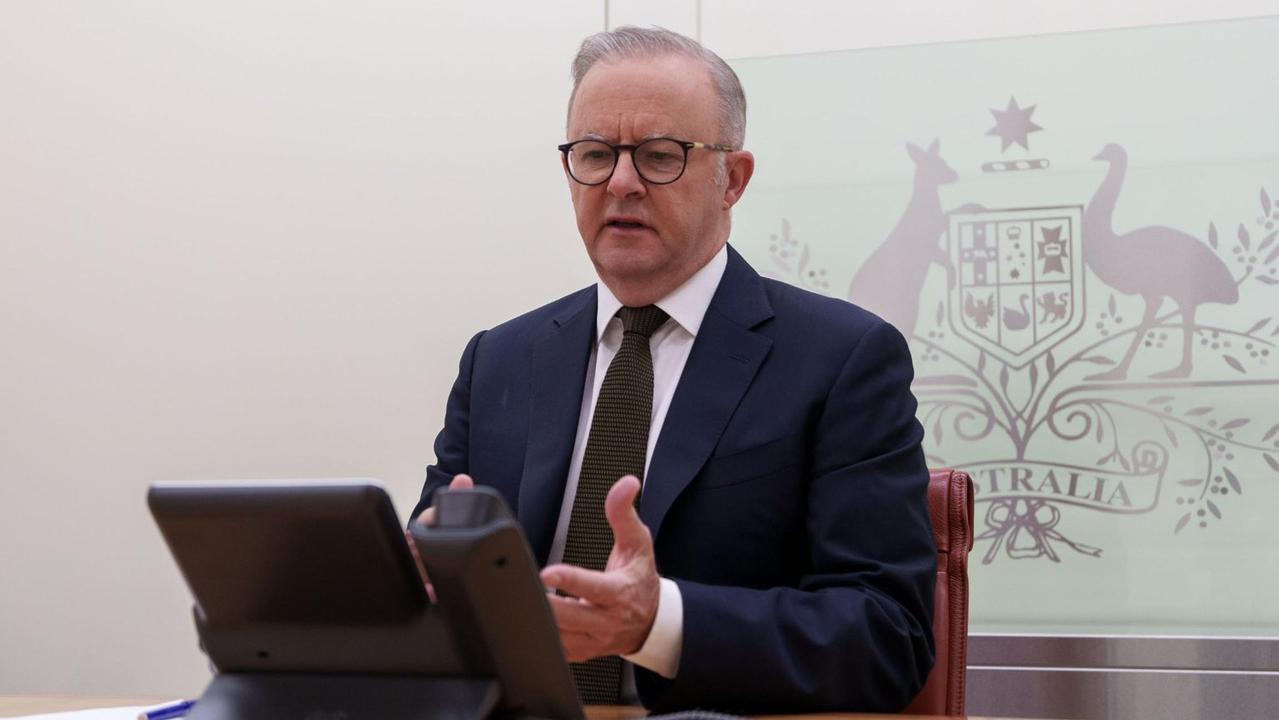Frydenberg: $12bn in tax cuts to help pump-prime economy
Billions in accelerated income tax cuts to flow through to households over next seven months.
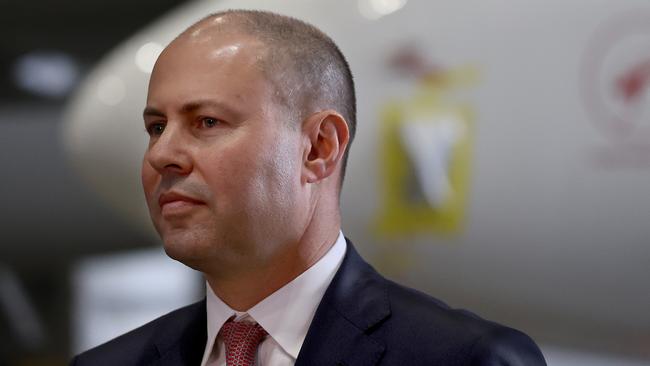
More than $12bn in accelerated personal income tax cuts are expected to flow through to households over the next seven months as the government moves from wage subsidies to stimulus to pump-prime the economy when JobKeeper payments cease.
Australian tax office data shows that almost $9bn has already gone into the pockets of workers since July last year, when phase two of the legislated tax cuts was brought forward as part of the COVID-19 recovery plan.
The Morrison government is banking on the ongoing accumulated increases of more than $2bn a month in extra household earnings for 8.8 million people being pumped back into the economy at a rate almost equivalent to the $2.5bn in monthly JobKeeper support.
The gear shift comes as the government signalled that the fiscal task must now shift back to addressing the COVID-19 debt bill, which is forecast to exceed $1 trillion by the middle of the decade.
Josh Frydenberg, who will address a Business Council of Australia forum on Tuesday, said the tax cuts had already “helped to boost household balance sheets and see consumer confidence rise above pre-pandemic levels”.
“Our economic recovery plan is working and continues to support households and businesses. To date around $9bn in tax cuts has landed in the pockets of 8.8 million Australians during the course of the pandemic,” the Treasurer said.
“Even as temporary emergency supports like JobKeeper come to an end, a further $2bn per month in tax cuts will flow to Australians between now and the end of September.
“Allowing Australians to keep more of what they earn will help to support the economic recovery by giving households more money to spend at local businesses.”
Reserve Bank chairman Philip Lowe on Monday said the economic recovery had been “quicker and stronger” than expected but unemployment was still too high while inflation and wages growth was too low.
“One piece of the recovery that is yet to click into gear is business investment,” Dr Lowe said in a speech to the Melbourne Business Analytics Conference.
“Understandably, last year many firms deferred their investment plans and sought to reduce risk on their balance sheets.
“ Late in the year there was a welcome pick-up in investment in machinery and equipment, but there is still a long way to go to get back to the level of investment before the pandemic, which itself was low by historical standards.
“If we are to have a strong and durable recovery, it is important that the recovery in business investment continues and broadens.”
In his BCA speech to about 100 chief executives, Mr Frydenberg will say the country’s economic recovery was being led by the private sector, with strong growth numbers indicating positive signs ahead of the JobKeeper and the coronavirus supplement payments tapering off at the end of the month.
“Government is best when it acts as a catalyst for households and businesses to take conscious decisions to consume, hire, invest and grow,” he will say. “JobKeeper had to end as its continuation beyond 12 months would be counter-productive to the economy propping up unsustainable businesses and preventing the more efficient allocation of workers and capital across the economy.”
Mr Frydenberg will express confidence that the end of JobKeeper will “force state governments to think twice” before reimposing border closures.
With the government providing $251bn of direct economic support, or 13 per cent of GDP, Mr Frydenberg will say the level of spending was always meant to be “temporary and targeted”.
“Our revised fiscal strategy laid out ahead of last year’s budget provides the flexibility to meet the near-term challenges of elevated unemployment and the longer-term challenge to maintain structural integrity of the budget,” he will say.
Mr Frydenberg will tell chief executives at the BCA dinner that COVID-19 had accelerated the take-up of technology across the economy, “changing the way we work, shop and communicate”.
He will also signal the opportunity to recruit professionals, with the government considering a shake-up of the skilled migration program.
“We have become an even more attractive destination and we have a once-in-a-generation opportunity to enhance our human capital, which in my book has always been more important than financial capital,” he will say.

